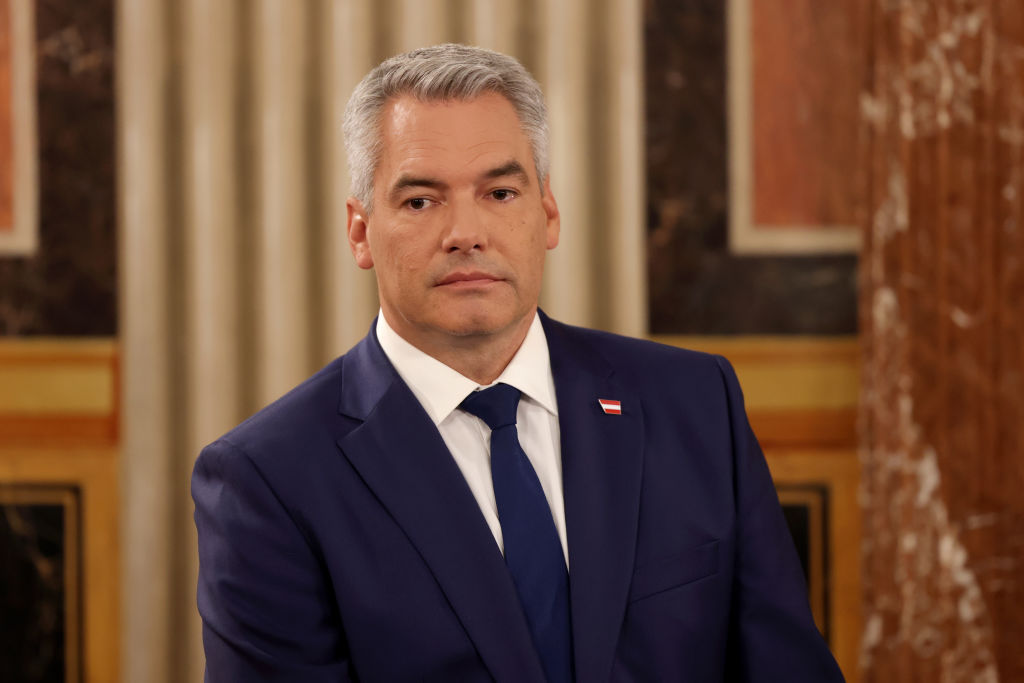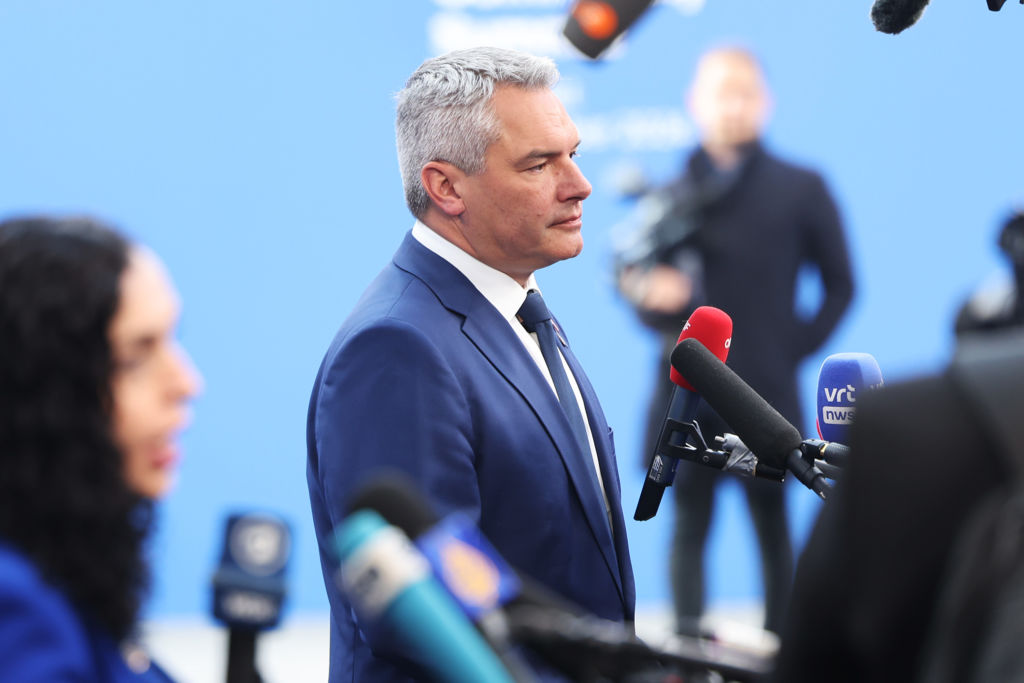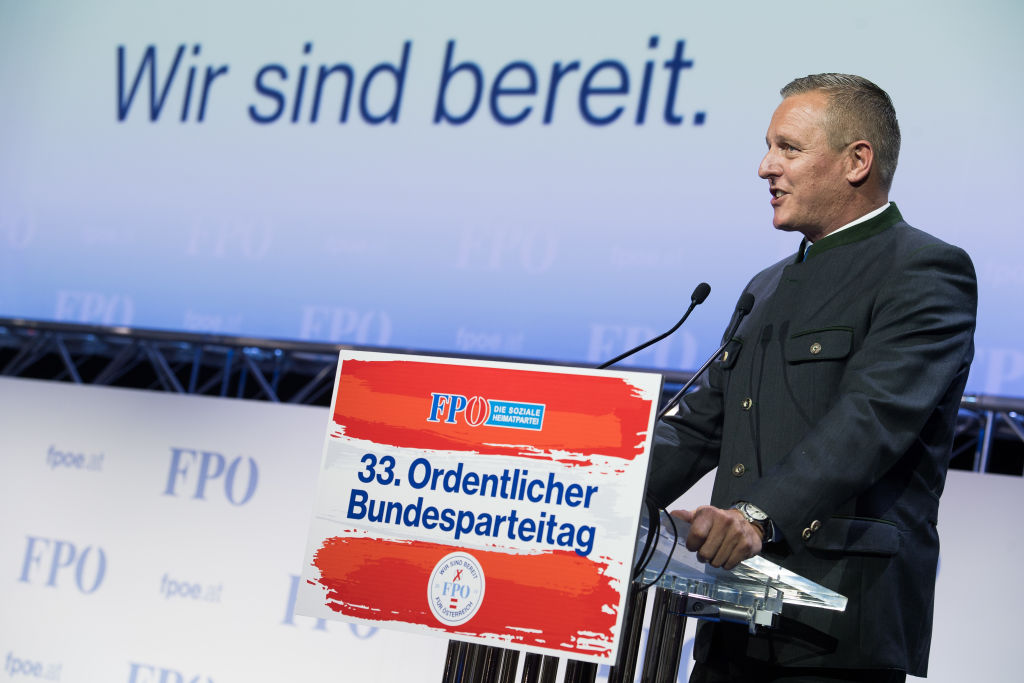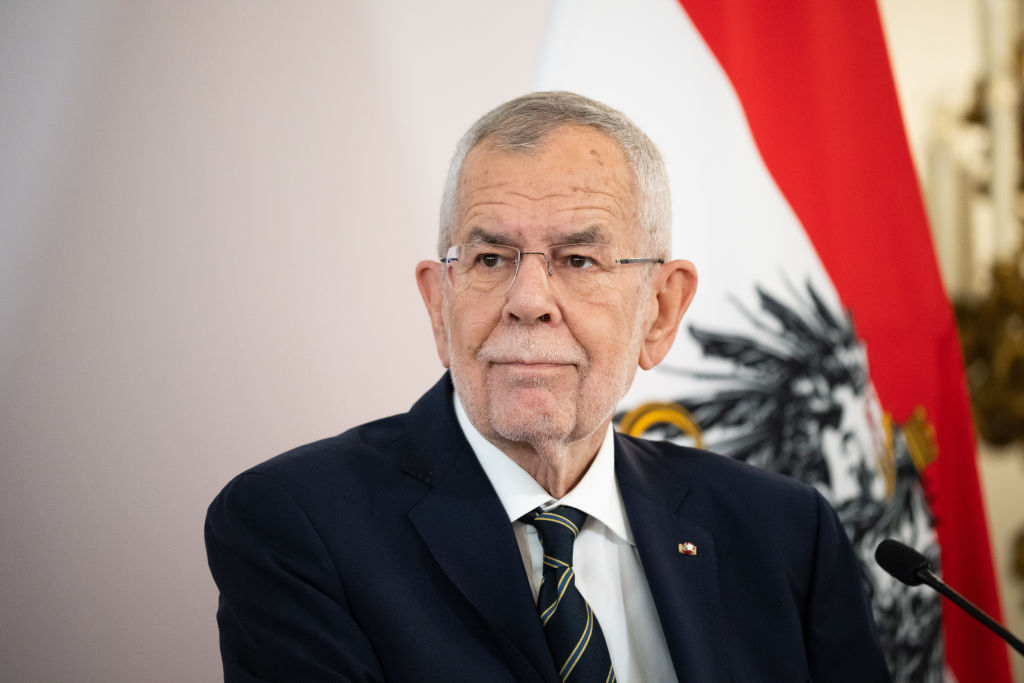Three-party talks between Conservatives, Social Democrats and Liberals to form an Austrian government coalition have collapsed after almost three months.
On January 3, the Liberal Neos party announced it was ending the negotiations. Its leader Beate Meinl-Reisinger said: “It was impossible to reach a breakthrough with Black-Red [the Conservative ÖVP and the Socialist SPÖ]. There were multiple No’s on basic reforms.”
The main areas of contention were the budget deficit and public investments. In these areas, Meinl-Reisinger said: “Not only could we not agree on a path forward, in the last days we even took steps backwards.”
She said she had therefore informed ÖVP leader Karl Nehammer and Andreas Babler, the head of the Social Democrats, as well as Austria’s President Alexander Van der Bellen, a former Green Party politician, that Neos was no longer willing to form a government.
“We live in challenging times”, Meinl-Reisinger said. She referred to the fact that Austria was entering its third year of economic recession with thousands of workers at risk of being laid off.
In addition, she said, the outgoing ÖVP-Greens government had left Austria with a record government deficit.
Neos had wanted to launch bold reforms but ultimately the two bigger potential partners had not been willing to accommodate them.
The withdrawal of Neos marked the ends of negotiations that lasted almost three months and involved several hundreds of party “negotiators”.
On September 29, in the Austrian general election, the right-wing Freedom Party (FPÖ) won with 29 per cent and ÖVP finished second with 26 per cent of the vote.
Despite similar party programmes, Nehammer had announced he would not form a government with the FPÖ, denouncing its leader Herbert Kickl as a “right-wing extremist”.
Instead he started the three-party talks with SPÖ and Neos – even though the SPÖ has moved further Left under its self-declared “Marxist” Babler.
The way forward now looks unclear. One option is that ÖVP and SPÖ could start three-party talks with the Greens instead of Neos as a junior partner.
This possibility was rumoured to be the preferred way forward for Van der Bellen.
Another option could be that ÖVP and SPÖ form a government between themselves, although this would only have a majority of a single seat in parliament.
Lastly, new elections could be held in the coming months. Should that happen, the FPÖ was expected to do better than in September.
Current polls put its share at more than 35 per cent.
The ÖVP’s numbers have collapsed to around 20 per cent as the talks with the Socialists seemed to go against the wishes of the party’s voters.





